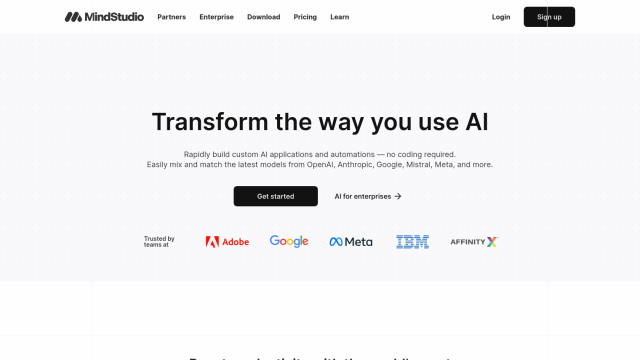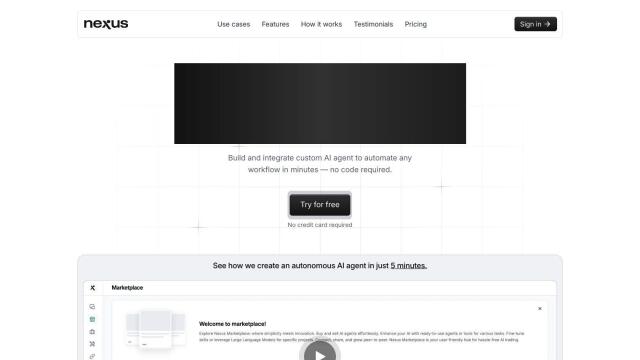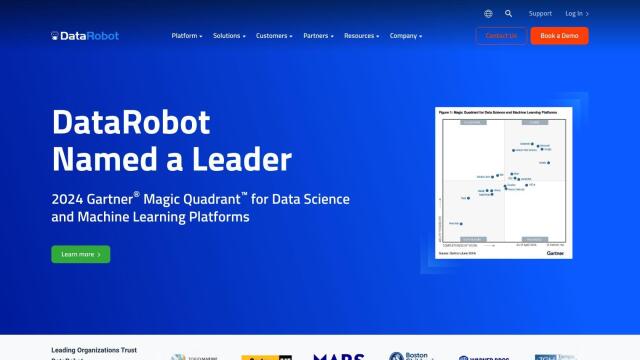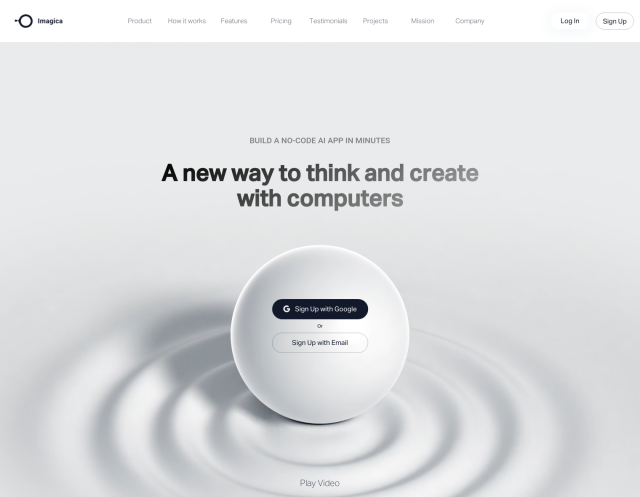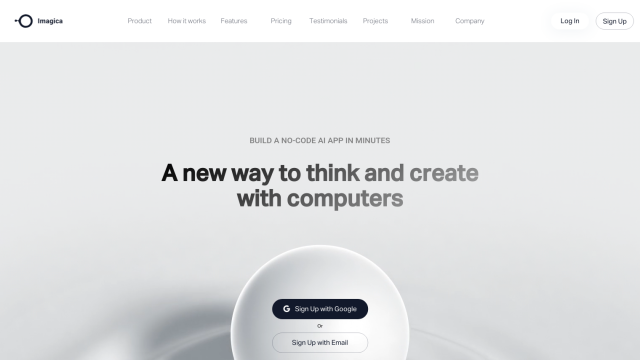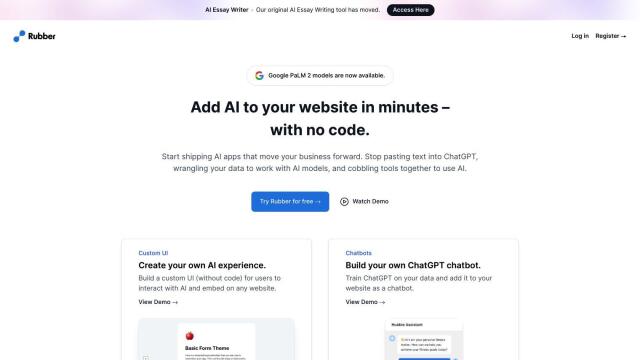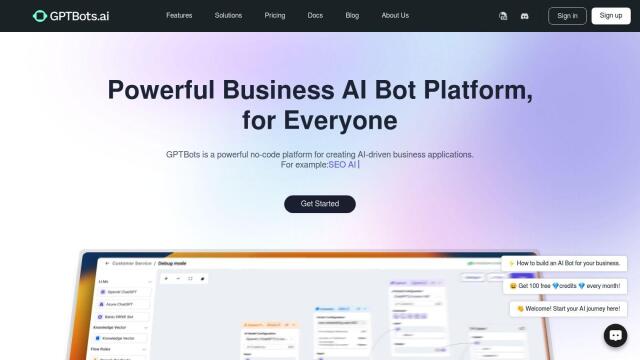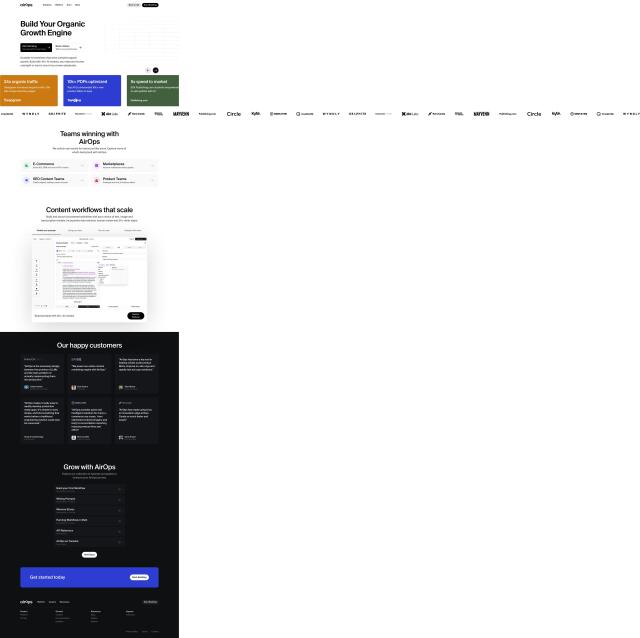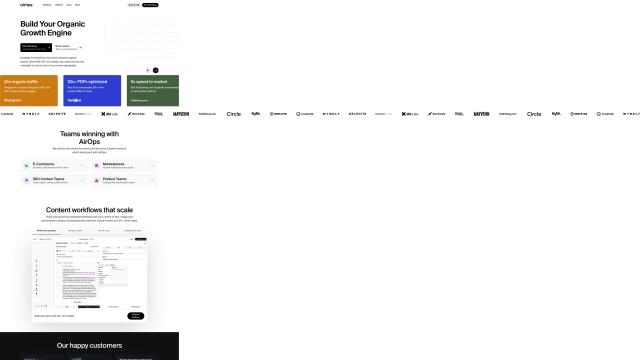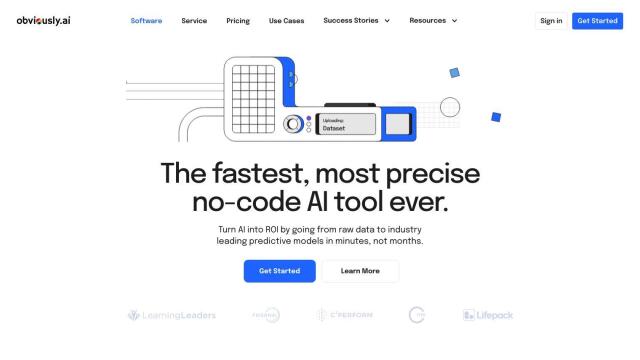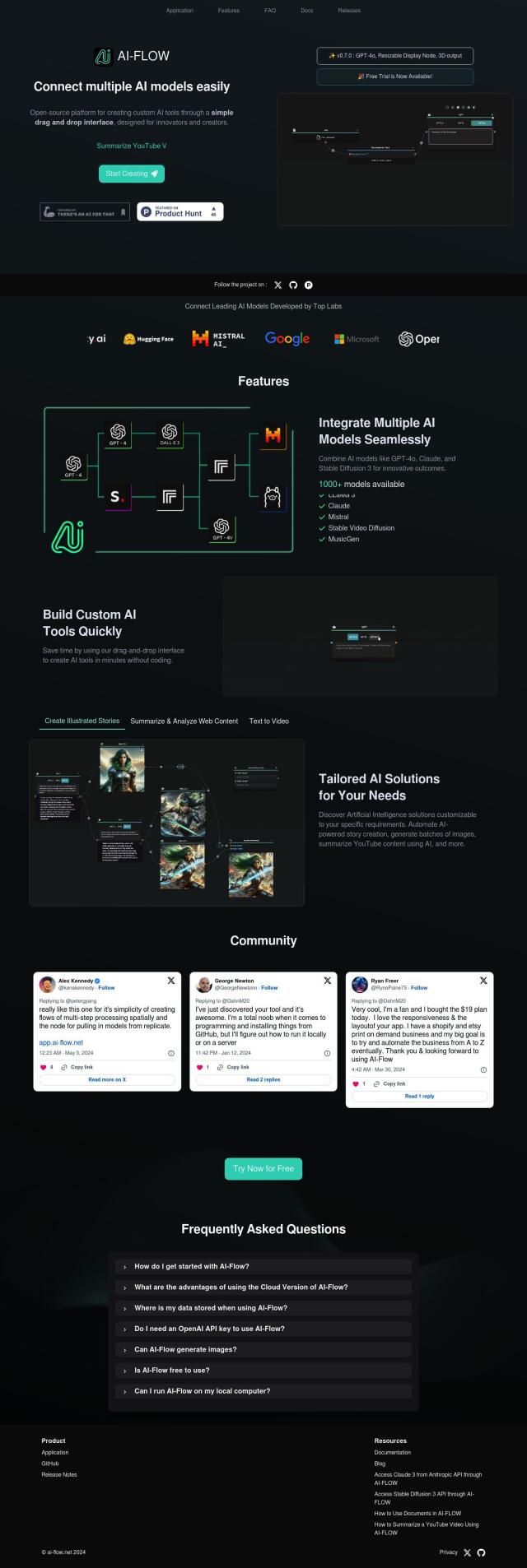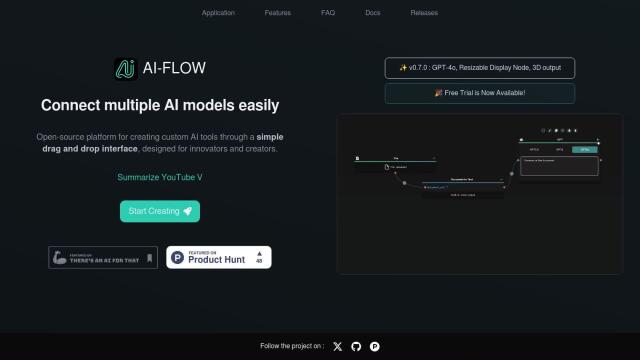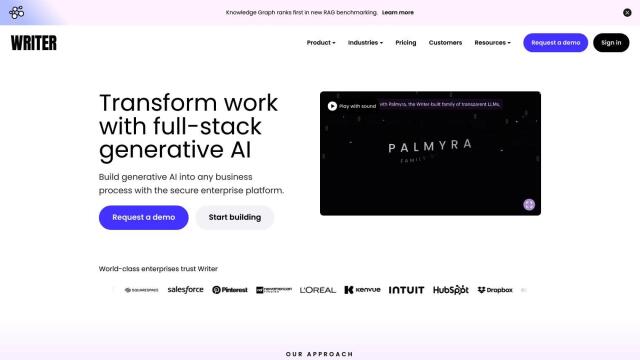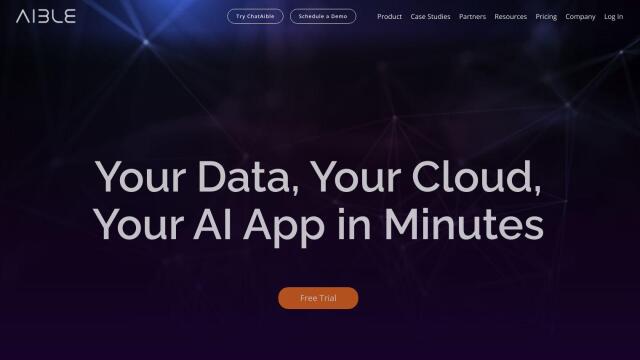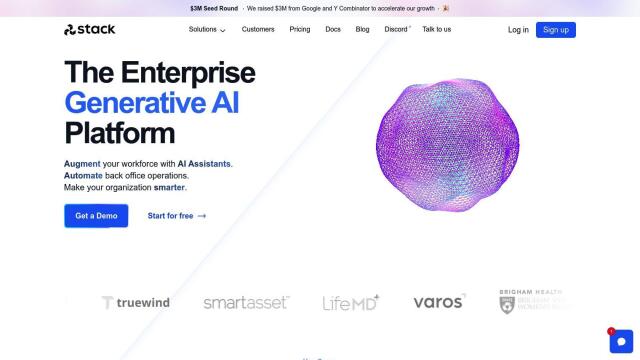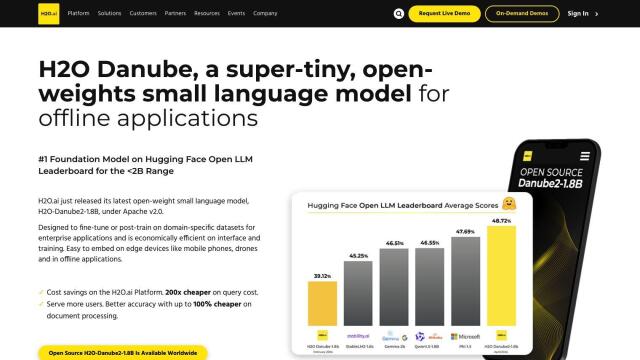Question: I need a way to build and deploy AI solutions quickly, do you know of a low-code platform that can help?

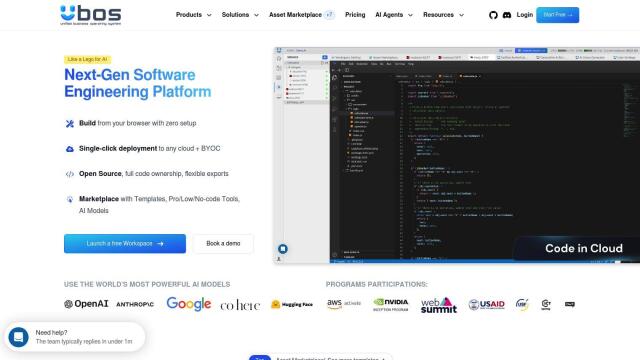
UBOS
If you want a low-code platform to quickly create and deploy AI models, UBOS is a good choice. This one-stop-shop lets you build custom Generative AI and AI apps directly in your browser with no setup required. UBOS supports single-click deployment to any cloud, low-code/no-code tools, open-source tools and templates, and supports a wide range of AI models like ChatGPT and Llama 2. It's good for technical and non-technical users and has flexible pricing, including a free Sandbox option.

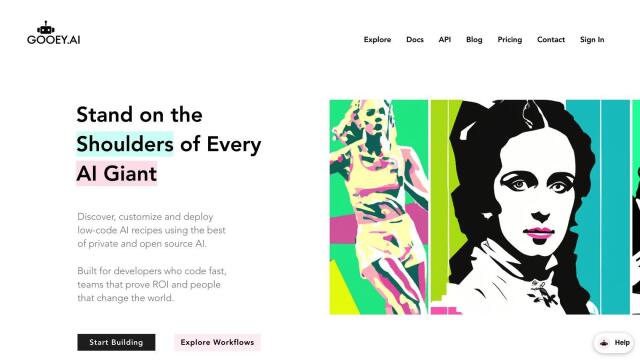
Gooey
Another powerful option is Gooey. Gooey gives you centralized access to private and open-source AI models, including GPT4o, LLaMA3, Gemini and Claude3. It's got a low-code interface, hot-swappable AI models, custom data sources and integration with chat tools like Slack and WhatsApp. Gooey is flexible, supporting marketing, development, finance and other use cases, and has flexible pricing options including a free starter plan.

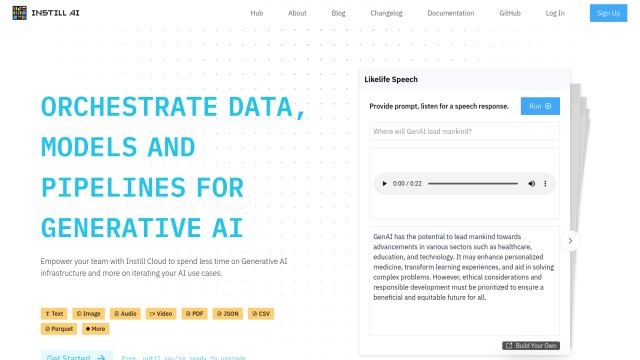
Instill
If you like a no-code/low-code approach, Instill is a lightweight platform that focuses on data, models and pipelines for generative AI. It can produce speech responses, summarize web pages, provide visual help and generate SEO articles. Instill is built with open-source components and a drag-and-drop interface, which makes it easier to manage infrastructure and deploy AI models with dynamically generated inference API endpoints. It's highly scalable and flexible, with tiered pricing options for different needs.

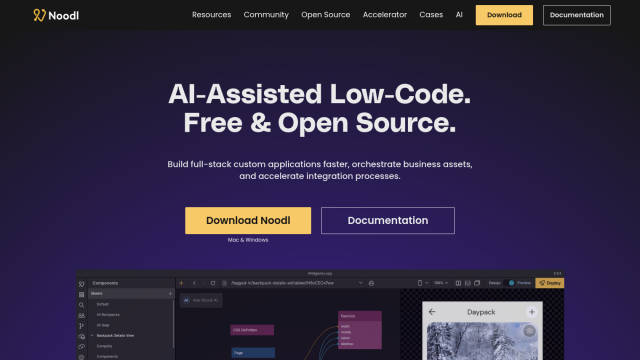
Noodl
Last, Noodl is an open-source, AI-boosted low-code platform for rapid development of full-stack applications. It's got visual development, reusable modules and live updates to data flow. Noodl is for developers of all skill levels, with a wealth of documentation and a community support system. It can be self-hosted in various ways and is good for prototyping, MVPs and web apps that scale with minimal coding.

